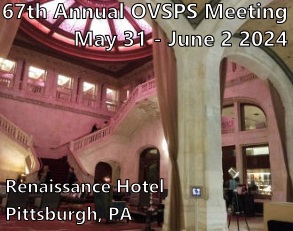<< Back to the abstract archive
Outcomes Following Free Flap Breast Reconstruction: A Single Surgeon Experience
Aaron Kearney, B.S., Hooman Soltanian, M.D.
Case Western Reserve University
2015-03-15
Presenter: Aaron Kearney, B.S.
Affidavit:
I affirm that the medical student author was primarily involved in every phase of this project; the project is chiefly his original work.
Director Name: Hooman Soltanian, MD
Author Category: Medical Student
Presentation Category: Clinical
Abstract Category: Breast (Aesthetic and Recon.)
INTRODUCTION
The literature defining the evidence for perioperative management of patients undergoing free flap breast reconstruction is incomplete, particularly with respect to antibiotic prophylaxis and the efficacy of postoperative aspirin. In this study, we describe a single surgeon's perioperative protocol and outcomes in free flap breast reconstruction.
METHODS
We performed a retrospective case series of all patients undergoing free flap breast reconstruction by the senior author from 2007 to 2013. All patients were treated with the same perioperative protocol regarding antibiotic prophylaxis, antiplatelet therapy, venous thromboembolism prophylaxis, and duration of Foley catheterization. Information regarding patient demographics, comorbidities, and surgical outcomes was recorded.
RESULTS
76 reconstructions were performed in 64 patients. The most common thromboprophylactic regimen was aspirin and subcutaneous heparin or low-molecular-weight heparin (48 patients) followed by aspirin alone (10 patients). A first-generation cephalosporin was most commonly used for antibiotic prophylaxis (59 patients). Surgical site infection occurred in 2 (3.1%) of patients, wound disruption in 6 (9.4%) of patients, deep venous thrombosis in 1 (1.6%) patient, urinary tract infection in 2 (3.1%) patients, total flap failure in 1 (1.6%) patient, and partial flap failure in 2 (3.1%) patients.
CONCLUSION
Free flap breast reconstruction following the described protocol is safe and results in complication rates that are comparable to other published rates. Potential areas for further research include prospective studies to evaluate the ideal prophylactic antibiotic regimen and to further establish the efficacy of postoperative aspirin in free flap reconstruction.



